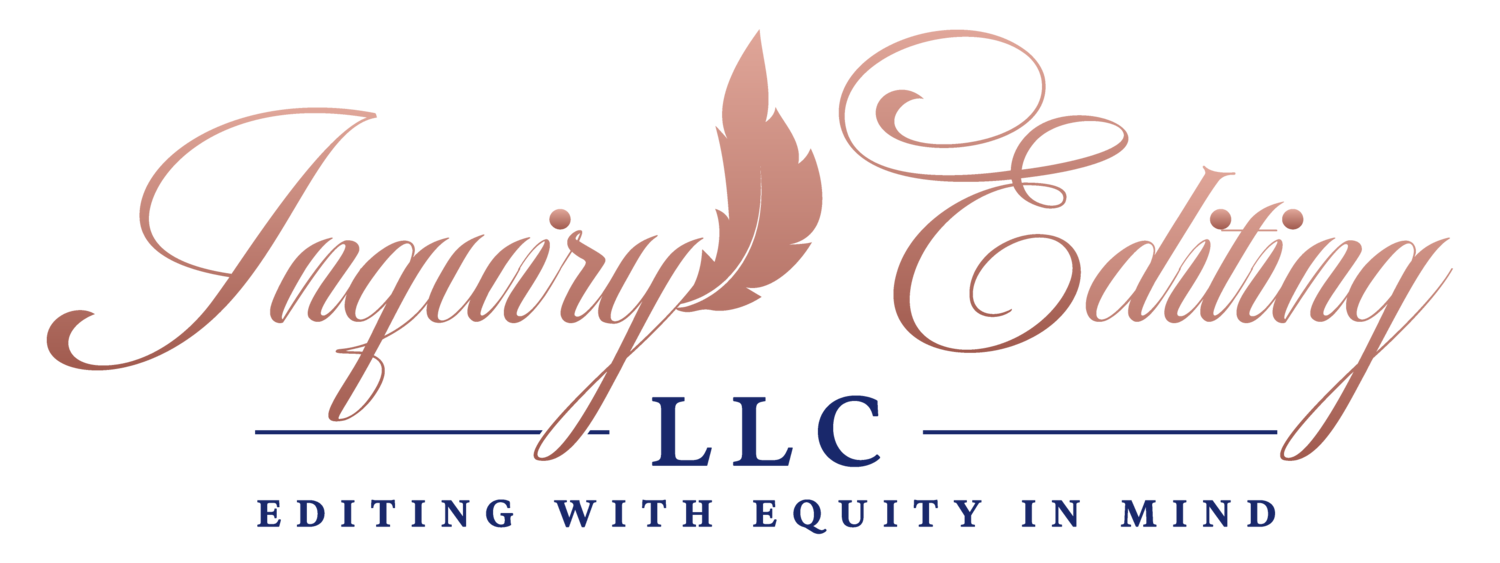What Really Happens When You Write 30 Minutes a Day, Part 1
If you’re like me, the start of the school was like ringing in a new year. Maybe you rung this in like other new year celebrations, sort of sloppily: rushing around, missing the (proverbial) countdown, and wondering where you are. Maybe you rang it in peacefully: perfecting a sleep schedule and routine, making plans and goals, and feeling excited to see the sparkle of newness everywhere. There is a third option: some mixture of both.
Stage whisper: I often plan to do the latter, but sometimes end up with the former.
For many writers, the biggest resolution (whether it comes January 1 or September 1) is a daily writing habit. This, after all, is a best practice. The research shows that it improves over time your total pages and your sense of your own projects. This is the Aesop’s fable as applied to writing: slow and steady wins the race. Despite this knowledge, many folks can’t get a daily writing habit to stick.
I’d like to explain why. My explanation is in an effort to comfort you and spur you on toward the habit you want, so that you can have the productivity you need.
Some folks start writing for 30 minutes a day and they feel fantastic. The ideas seem to be coming. They ride the crest of inspiration and motivation for however long it lasts. Then, they come crashing down. They think they’ve run out of motivation. They get bored. They get frustrated with a writing problem. Several unexpected late nights, early mornings, meetings and/or emergencies get in the way.
This is completely expected. Starting a new goal has all the shiny newness of excitement. As I wrote in my last post, cultivate that and hold onto it. If excitement wears off or you reach a lull in the movement, just remember the only way out is through. You can use some of the tools and tips and tricks I’ve already discussed (create a plan, build community, create support, ask for accountability). This is the hard part though. You’ll need to keep showing up. This is why fitness trainers and coaches often ask you for a “big picture goal.” You’ll need something to help you tap into a desire to keep showing up. If you haven’t come up with one that is satisfying, then it might be time to come up with one.
Stage whisper: I want to emphasize the “satisfying” portion. “I want to get tenure” or “I want to get promoted” or “I want to do better than my grad school nemesis/high school bully” might not be as satisfying as “I want to prove to myself that I can do hard things” or “I really want the satisfaction of some grant/project/book attached to my name” or “I prayed for this.”
Some folks start writing for 30 minutes a day and they feel awful. It feels like a terrible slog and they want to quit right away. They have not seen a payoff and they think “this is for the birds.” Plus, they think they’ve got no motivation. They are bored. They are frustrated with a writing problem or a thinking problem. Several unexpected late nights, early mornings, meetings and/or emergencies get in the way.
This, too, is completely expected. Starting a new goal can be daunting, especially if you do not know where to begin. Especially if flounder isn’t just a type of fish but a verb. You can use some of the tips and tricks I’ve already discussed (SMART goals, asking a mentor, journaling, examining your emotions). This, too, is the hard part. You, too, will need to tap into a “big picture” to help you get started or to help you ask for help. When you can focus on the goal, getting the assistance you need becomes an easier (t)ask.
Stage whisper: I want to emphasize that an overwhelming writing task often leaves folk bereft about where to begin. I often use the plethora of self-help and coaching material out there to help me get started. Writing a first book? Look at William Germano’s From Dissertation to Book. Trying to get a grant? Talk to the grant agency. Talk to a recent recipient. Not sure about an idea? Ask someone.
Want to read more? Stay tuned for next week!
